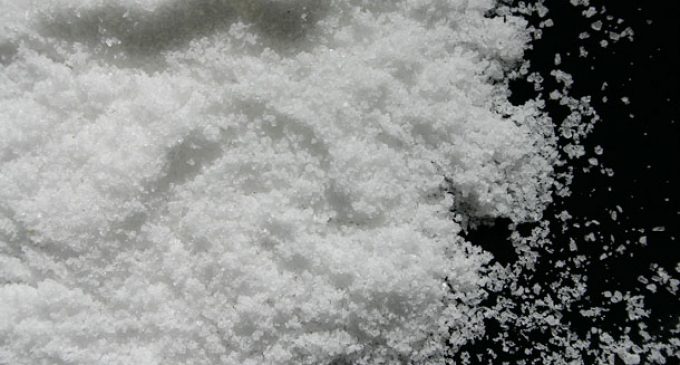Mixed Progress by Food Industry to Reduce Salt

Public Health England (PHE) has published the first assessment of the food industry’s progress towards meeting the government’s salt reduction targets, showing a mixed picture overall. Set by the government in 2014, the most recent targets cover 28 food categories for the food industry to achieve by 2017. This applies to retailers, manufacturers and the out of home sector – including restaurants, cafes and pub chains, and the categories include bread, crisps and ready meals.
Companies were asked to meet average and maximum targets for salt content per 100g, with the maximum targets ranging from 0.13g in canned vegetables, to 3.75g in curry pastes. The foods covered by the programme provide more than half the salt in the nation’s diet.
While salt reduction has been ongoing since 2006, progress towards meeting food targets was previously self-reported by the food industry. This is the first in-depth assessment, using commercial data.
For retailers and manufacturers (the in-home sector), the analysis shows:
- just over half of all average salt reduction targets were met, with retailers making more progress than manufacturers
- all average salt targets were met in 9 food categories, including breakfast cereals and baked beans, however, meat products met none of these targets
- four in five foods had salt levels at, or below, the maximum targets set
In addition to the targets set for all industry sectors across the 28 categories, the out of home sector was also set maximum per-serving targets in 11 food categories, including sandwiches, pasta dishes, and children’s meals.
The report shows:
- seven in 10 foods did not exceed maximum targets
- salt levels are generally higher in out of home products, compared to in-home
Excess salt intake can cause high blood pressure, which can lead to cardiovascular disease (CVD), one of the main causes of premature death for adults in the UK.
Since it was established, the salt reduction programme has helped to reduce the nation’s salt intake by 11%, to 8 grams per day. If this figure was brought closer to the recommended 6 grams a day, it could help to prevent thousands of avoidable deaths.
Public Health Minister Steve Brine said: “While it is encouraging to see the food industry is making progress towards the salt reduction targets we set in 2014, we know there is more to do. That’s why we committed to further reducing salt intake in our prevention vision. Next year, we will put forward realistic but ambitious goals, and set out details of how we will meet them.”
Dr Alison Tedstone, chief nutritionist at PHE, said: “Too much salt can lead to increased blood pressure, which can cause heart disease and stroke – two of the biggest killers of adults in the UK – which is why government has set such stretching targets. While we have seen some progress, those that have taken little or no action cannot be excused for their inactivity. It is clear that, with the right leadership from industry, further salt reduction in foods continues to be possible.”
In its prevention vision, the government has committed to setting out the next steps for salt reduction by Easter 2019.
Salt reduction forms part of PHE’s wider reduction programme that also includes work to reduce sugar and calories in everyday foods.


































